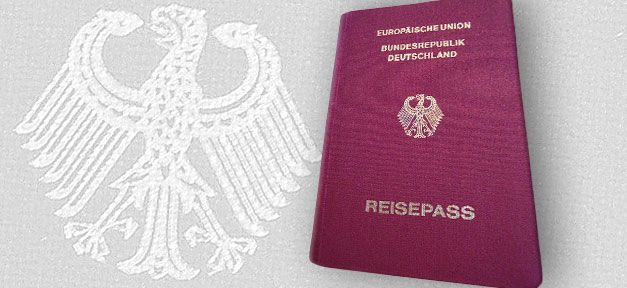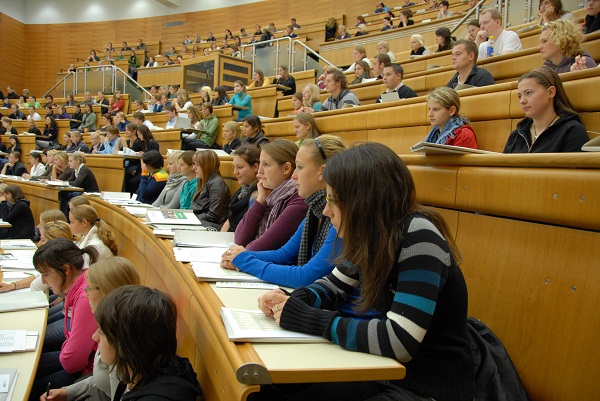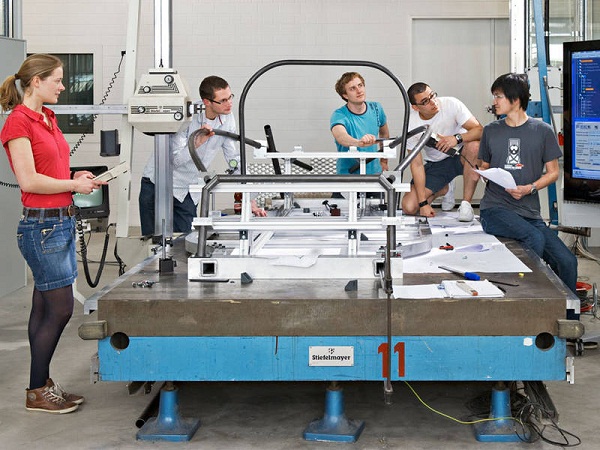Well, I’ve practically written about most other opportunities but I’ve never written about applying to Uni here in Germany. The reason was I found it quite easy from my understanding but people tend to keep asking about it and I thought maybe it’s NOT really as easy as I thought it to be.
1. Decide on what you would like to study, have 2 to 3 choices. (Watch Choosing a Career or Course, Read: Choosing a study course)
2. Check if what you want to study is offered as a Uni degree or as an Ausbildung in Germany (Check list of German Ausbildungen). Check on whether what you want to study is under a numerus clausus. Subjects like Medicine are in a group knowns as numerus clausus meaning the number of applications are always higher than the positions available. For such subjects the application process is very different from the others. Best thing would be to call the Uni on further details on how to apply for such subjects.
3. Check on what you can afford, private (at least €4000 a semester) or public Uni (at least €125 a semester)? Check if there are scholarships. (Most scholarships are listed on this blog at. SCHOLARSHIPS but in the description of the course, they also list available scholarships)
4. Find a University that offers what you want to study:
All courses in German Universities – http://www.daad.de/deutschland/studienangebote/studiengang/en/
International courses – http://www.daad.de/deutschland/studienangebote/international-programs/en/
Here are a few pointers on choosing a Uni: Criteria people use when choosing Universities.
5. Check the requirements of what you want to study. If you’re applying for an international program, as a Kenyan who studied in Kenya, you are exempt from taking the TOEFEL tests because the language of instruction in Kenyan schools is English. Of course this doesn’t apply if you went to the German school or Lycée Dennis Diderot in Nairobi.
6. Finally gather the required documents and apply to the Uni. Most Universities allow online applications so you only need to have the docs scanned. The originals can either be sent after the online application or presented at the Uni during admission.
For the Student Visa:
To get a student visa, you need to show that you can sustain yourself in Germany. For this you need a sponsor or at least €7000 in your account. If your sponsor is based in Kenya, read: Getting a student visa when your Sponsor is Kenyan and is Based in Kenya. If your sponsor is in Germany, they only need to get a Verpflichtungserklärung from the Migration office in their town.
Extra tips
Below are a few tips to make the process a tad bit easier:
– You are exempted from TOEFEL, if the language of instruction at your school was English. So if you studied in Kenya at a Kenyan school then you are exempt from it.
– You don’t need to have your KCSE results accredited by the Anerkennungstelle, just send in the copies of your certificates as they are.
– Some Universities require that you send notarized (beglaubigt) copies; you can get this done by a notary or as I did it, if you are in a very tiny town, take it to the Rathaus and they sign and stamp it with a seal from their office. If you’re in a tiny town, this is free. Bigger cities tend to charge cause mostly you might have to take it to an independent notary.
– Check the Uni website before you apply through UniAssist. Applying directly to the Uni is free while through UniAssist, you have to pay.
– Please please DO NOT forge your high school certificate. The Ministry of Education declared a while back that any one whose certificates are found to be fake will have their degree revoked regardless of how long they have been having the degree for as long as you studied after applying with a fake certificate….it will be revoked. Don’t risk it. (Read: Using Fake Documents)
– Apply for the room at the same time you apply for Uni. Send in your application to the Studentenwerk the same time you send in your application to the Uni. Most students wait for the admission so that they can start applying for the students hostels but that can be a bit too late as most Study towns have few student hostels and it can be very hard to find a room outside the Uni as a foreigner. (You can find a list of ALL student hostels associated with Universities here.)
– For Masters and PhDs there are many full scholarships, for the bachelors degree it’s hard to find full scholarships but if you plan well, you can apply to several organizations and have full scholarship through your studies. (Check: Scholarships in Germany)







